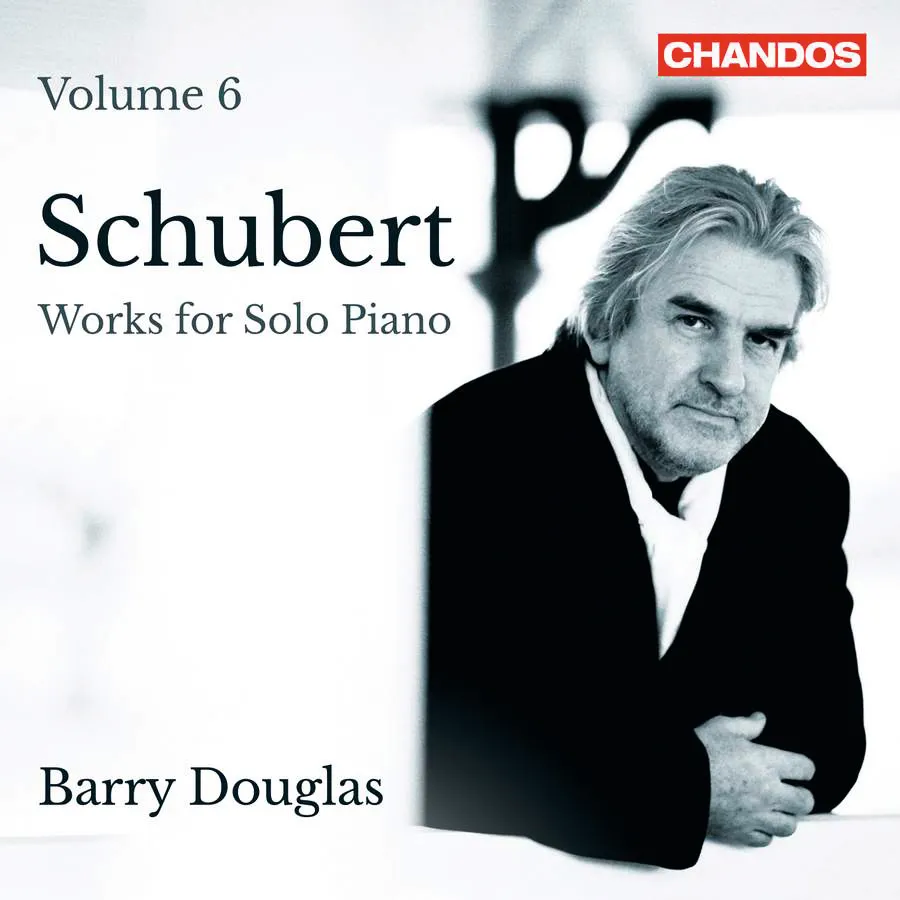
Schubert Piano Works, Vol. 6: Piano Sonata No. 16 in A minor, D845; Four Impromptus, D935; Ave Maria (arr. Liszt, S558) Barry Douglas (piano) Chandos CHAN 20253 82:16 mins
When Schubert composed his Sonata in A minor, D845 in May 1825, it marked a shift in his writing. ‘At least psychologically, he moved the piano sonata from the drawing room into the concert hall,’ as Grove Music puts it. In his sixth volume of the composer’s music, Barry Douglas surely has this in mind: his playing is robust, large-scale, symphonic. I can imagine it would carry wonderfully from stage to audience: take the dramatic extremes, for instance, of the opening Moderato, when Schubert shifts from pianissimo to fortissimo, or the Beethovenian insistence Douglas brings to the agitated staccato figure in that movement.
And yet in leaving behind the domestic sphere, Douglas loses the poetry and intimacy so crucial for Schubert’s music. Its strangeness, too: that lost little unison theme of the opening should have a quiet desolation at its heart, the Rondo finale an existential restlessness (try Mitsuko Uchida on both fronts). And if the variations of the Andante con moto are enjoyably done, I miss the grace of, say, Imogen Cooper’s recording.
Douglas’s approach is similar for the Four Impromptus of 1827, also recorded on the Steinway of the Curtis Auditorium in the MTU Cork School of Music, though some of his musical choices are less successful. Why, for instance, the lugubrious tempo for the A flat Impromptu, which is marked Allegretto? And for all the notes dispatched with fine technique, I often missed the range of Schubert’s emotional expression, that sense that this music reaches beyond itself. Still, the Liszt transcription of Schubert’s Ave Maria makes for a satisfying conclusion.
Rebecca Franks
